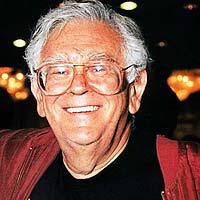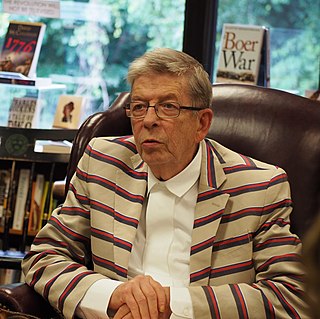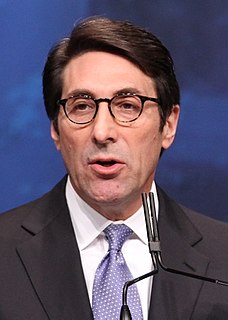A Quote by Ban Ki-moon
The taking of life is too absolute, too irreversible, for one human being to inflict on another, even when backed by legal process. Where the death penalty persists, conditions for those awaiting execution are often horrifying, leading to aggravated suffering.
Related Quotes
Can the state, which represents the whole of society and has the duty of protecting society, fulfill that duty by lowering itself to the level of the murderer, and treating him as he treated others? The forfeiture of life is too absolute, too irreversible, for one human being to inflict it on another, even when backed by legal process.
Thirty years ago, if you said the country was living beyond its means, people would have thought about economics. Now, if you talk about the country, or the planet living beyond its means, you think about the environment. We are taking out more than we are giving back. We are consuming energy, water, and other natural resources in a way that is leading to huge and often irreversible damage to the planet. So too are most other developed nations. And so too will China and India if they follow the same path of economic development as us
I'm opposed to the death penalty not because I think it's unconstitutional per se-although I think it's been applied in ways that are unconstitutional-but it really is a moral view, and that is that the taking of life is not the way to handle even the most significant of crimes...Who amongst anyone is not above redemption? I think we have to be careful in executing final judgment. The one thing my faith teaches me-I don't get to play God. I think you are short-cutting the whole process of redemption...I don't want to be the person that stops that process from taking place.
I come from the state of Michigan. We were the first English-speaking government in the world to outlaw the death penalty, back in the 1840s. We have never had, as a state, the death penalty in Michigan. I was raised with that, and even Republicans in Michigan, nobody would even think of putting a measure on the ballot to have the death penalty.






































